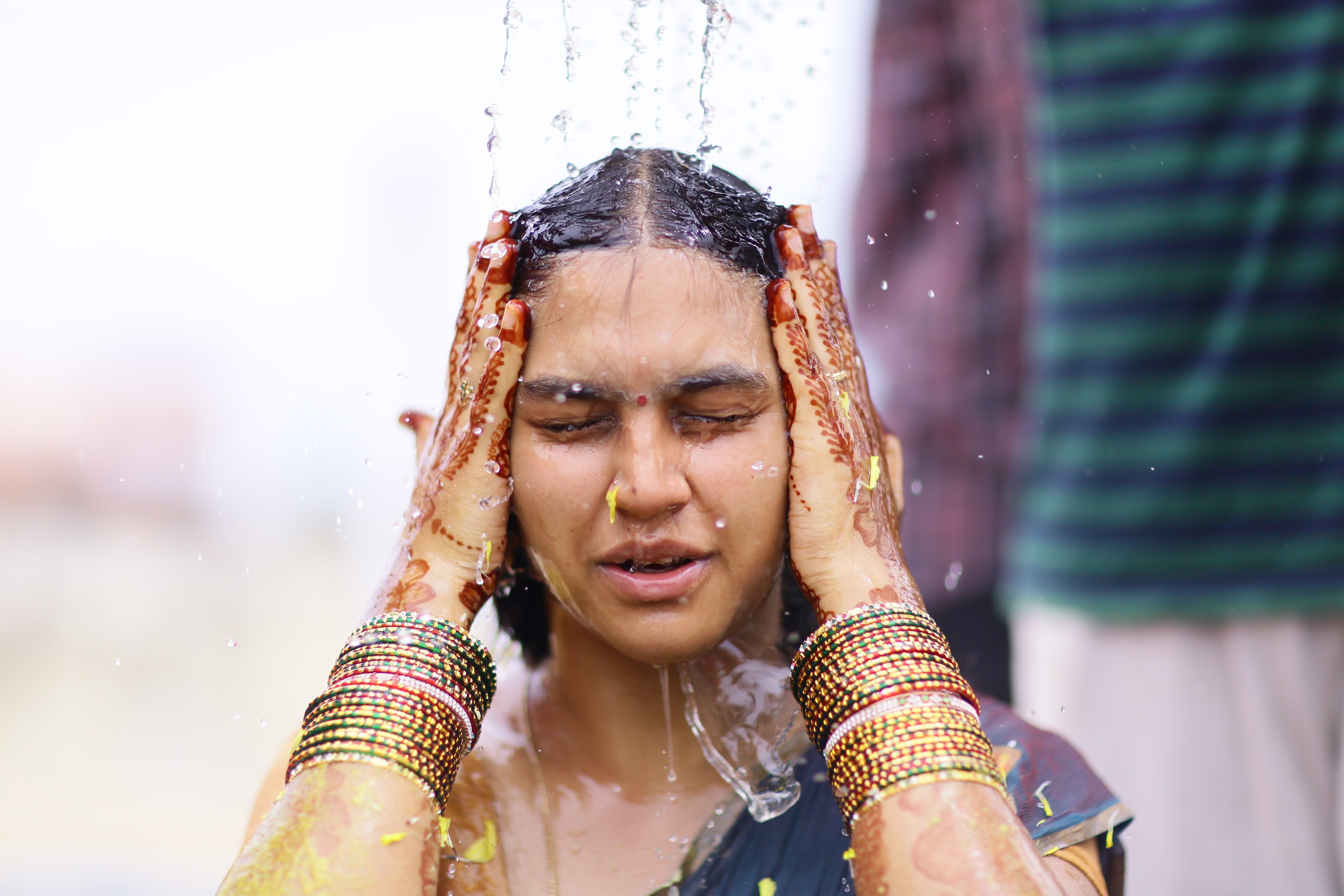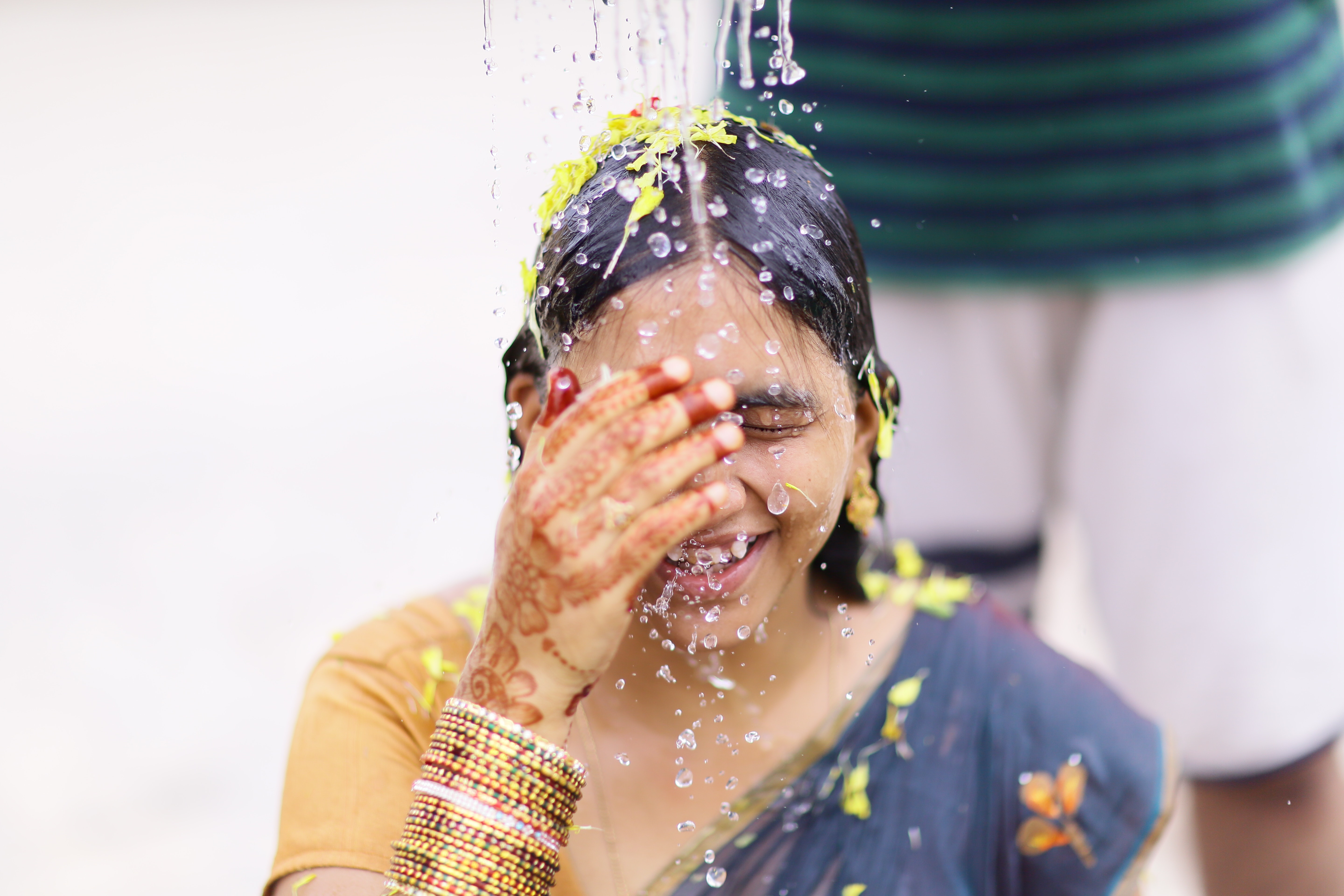
I have seen so many posts and articles about the increasingly controversial Samathiya Veedu ceremony. I completely get it.
We Tamils are so obsessed about our daughters periods and the first time they have them we even begin to plan the event from the time they are born. How will they look that moment when they are bathing with manjal neer, in preparation for entering womanhood? What beauty will that transformation bring out the moment they walk into the room after being dressed in her half-saree adorned with all her jewellery, as if she was a child bride, taking her seat on the oonjal?
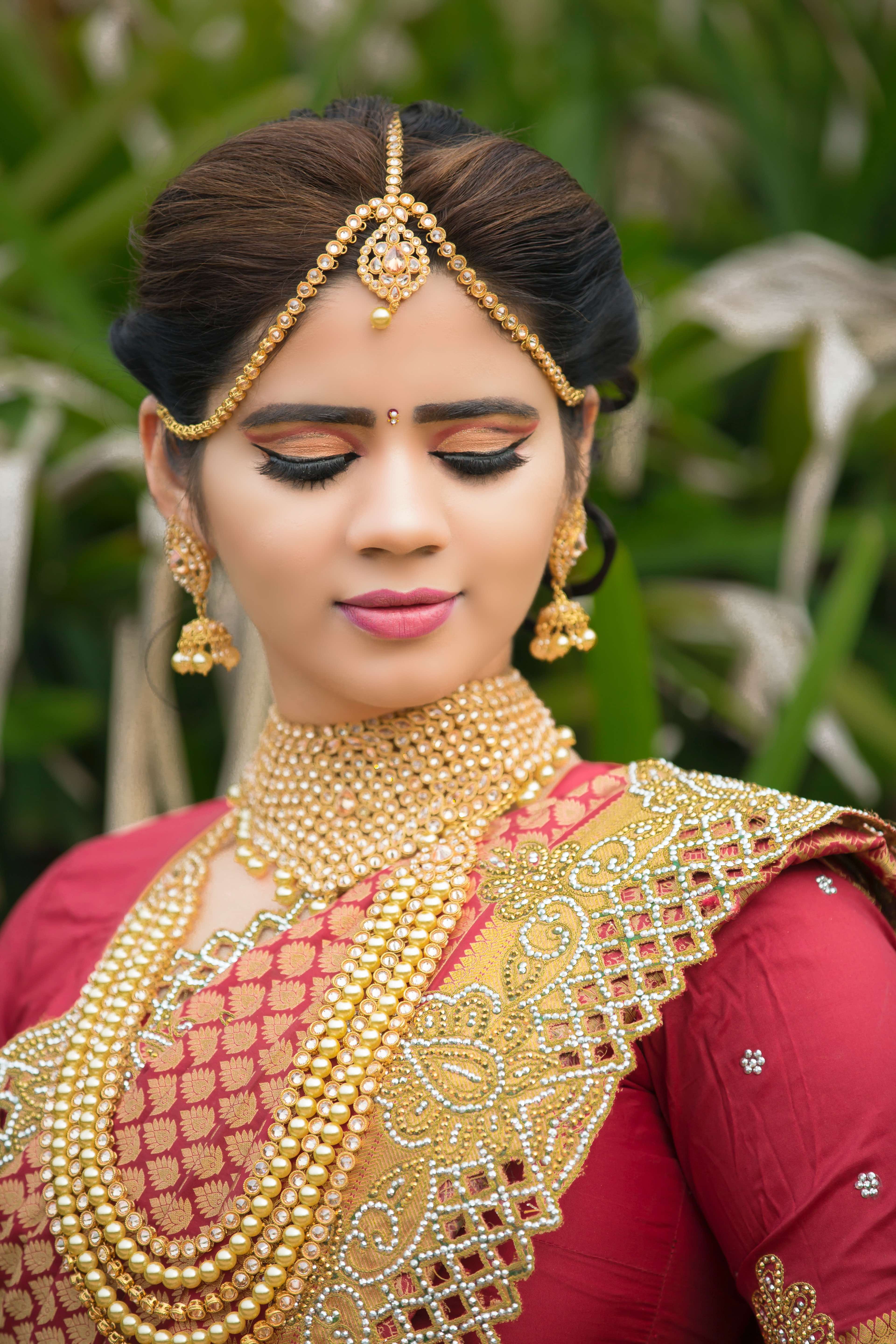
Yes, we Tamil parents plan our daughters periods, the Samathiya Veedu and their Thirumanam in one go. Centuries and even decades ago this event was acceptable and went ahead without being questioned. I grew up in a household where these ceremonies are part and parcel of being a Hindu Tamilian. Especially in Mauritius, the theratti ceremony (as it is commonly known), proceeds naturally once the family are aware of that first bloody leak. However it is not something that is detested by the young-girl-turned-woman. In Mauritius, it appears that young girls are happy to be spotlighted for that day, as if it is their beauty pageant moment. So there never seems to be any reason for them to contest that day to celebrate their first menstruation. It is as if it has been programmed within their consciousness that this is something that will take place because “you have a become a big girl.” But I have been raised from the perspective that the joy, excitement and fun are all in the preparations – the event is a moment when family pull together to make an unexpected event occur seamlessly. The beauty is in the simplicity, the food preparation, the ceremony, the aftermath of just sitting full bellied and exhausted on the sofa with continuous deep bellied laughter amplifying throughout the house. I promise this looks weirder written on paper than when actually attending the event! Tradition and authenticity at its most memorable.
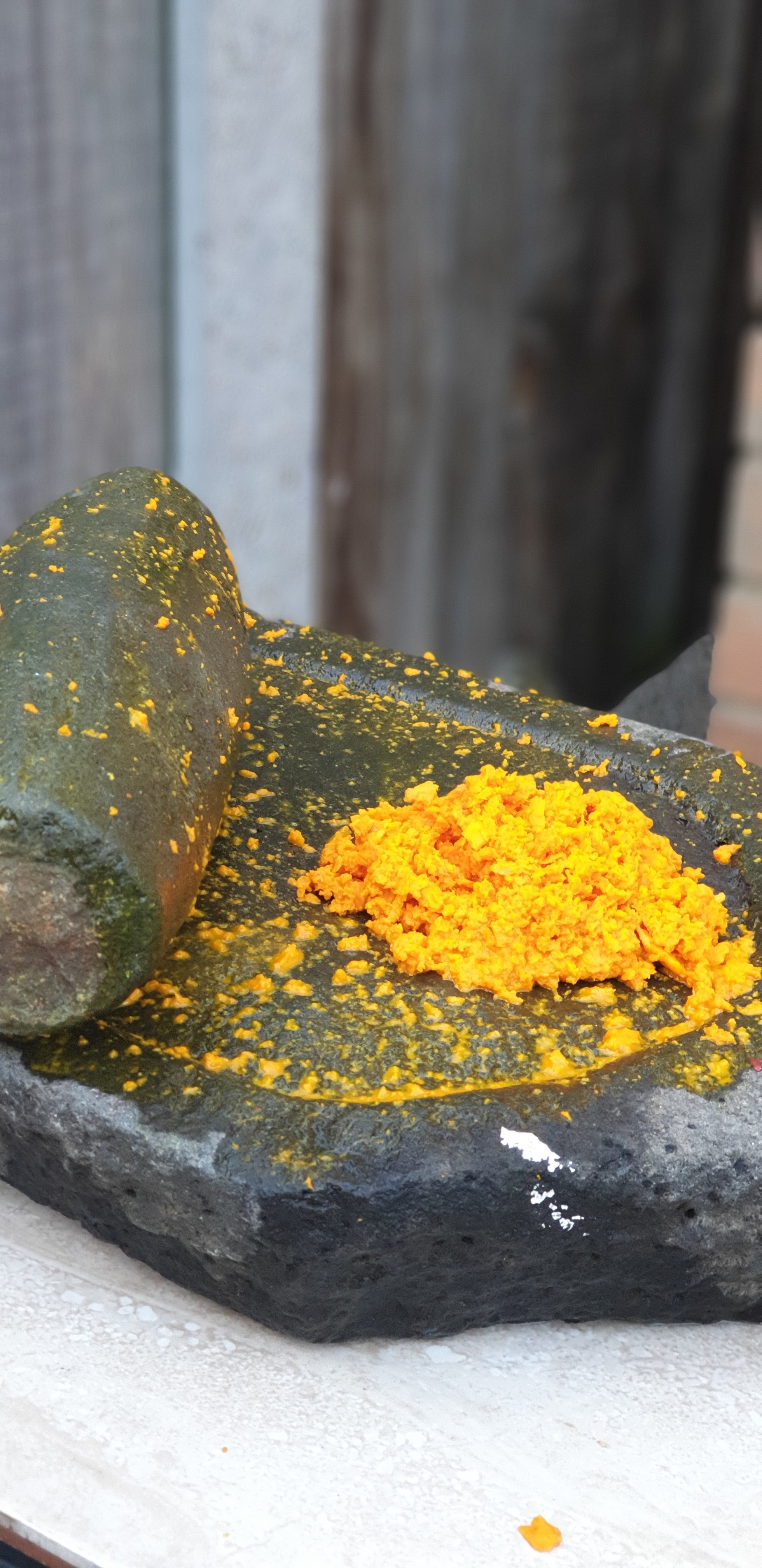
On par with the Jewish coming of age ceremonies, the Bar and Bat Mitzvah’s, big business has now emerged from the Tamil girl’s periods. No, I am not talking about sanitary towels and tampons. I am referring to the events industry. The tradition of the Samathiya Veedu has evolved into lavish events which many Tamil parents with daughters feel has to be added to the timeline. Families are now using savings in their tens of thousands to organise the grand Samathiya Veedu, with the money going on the venue, cinematic style photography, videography and entertainment. The event is no longer restricted to taking place in the confines of the family home adorned with Thoranam hanging from the ceilings of the house. It no longer involves just close relatives attending to congratulate the parents on having a fertile daughter and presenting gifts. These have become huge society events where authenticity, and intimacy are being removed in favour of making it more exciting for the young girl and have something for her peers to look forward to. Or is it showcasing wealth and capacity for presenting a newly grown daughter whose bars have been raised high that any parent will need to do a pole vault jump in order for their son to be considered the potential groom? I may be wrong. But, having my own father say to me “she would be nice for our boy (one of my sons)”, I know I am not far from knowing the thought process!
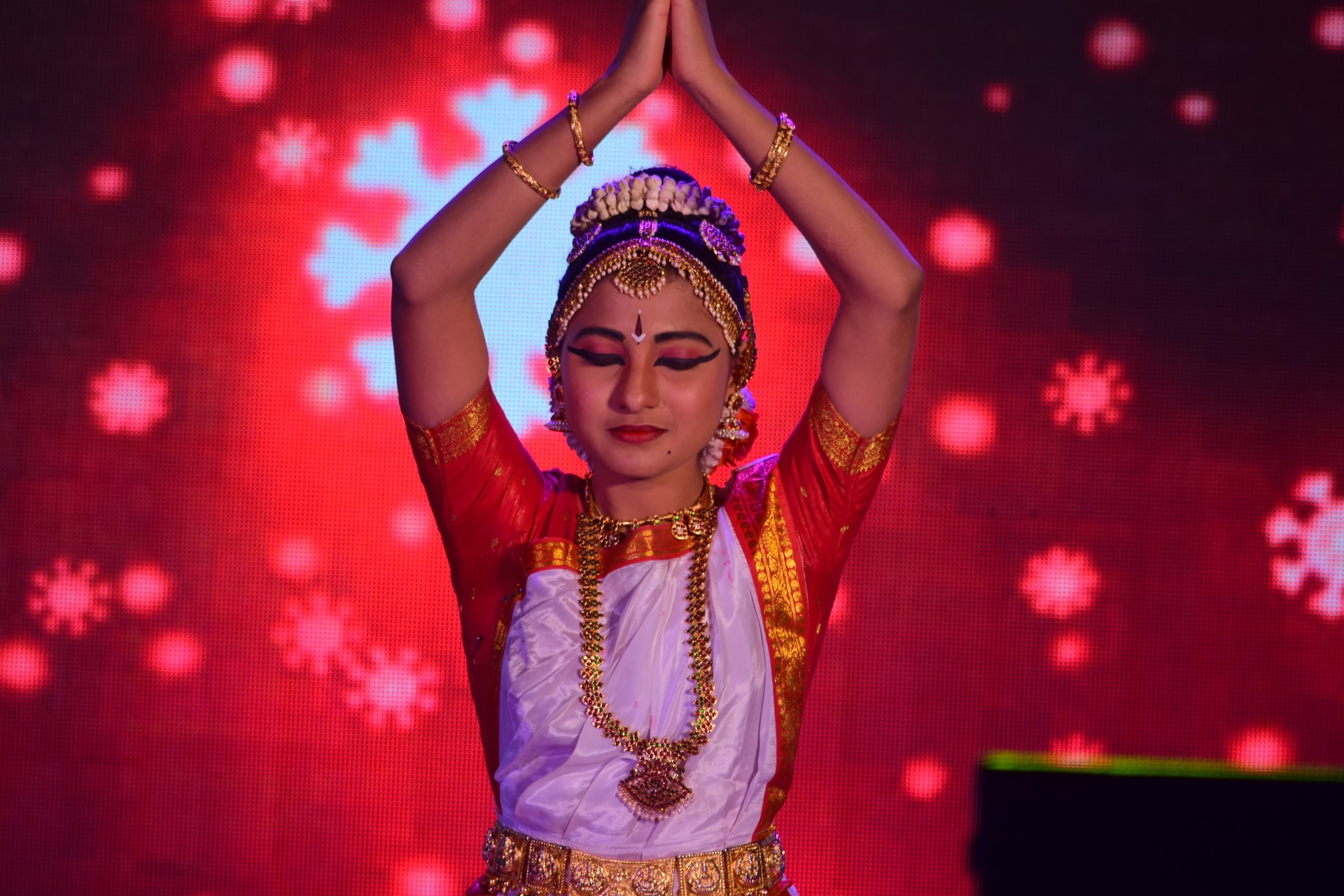
Flashback to 1996 in Mauritius, where I spent 3 months of my summer break from university. I was staying at my uncles. In this house of 11 siblings, not only does their mother live (my uncle had passed 3 years before this), but also their son-in-laws, daughter-in-laws and grandchildren. Things have moved on 24 years later, where the great-grandchildren have also made it their home! But in this particular year, whilst I was there, 3 of my uncles granddaughters had their first bleeding moment. It started with 1 cousin, who suddenly appeared to mature overnight, as if she had been engineered to recognise the change that has occurred to her biologically. The preparations immediately started taking place, with thoranam being hung around the house, chickens being slaughtered and cleaned for the feast, and kolam being designed at the back of the house where the girl would take her seat for the manjal neer ceremony. The days after her first menstruation sent everyone into a wedding frenzy. Only this was no wedding. Only a celebration that a girl in that household had…well…started her period. However the girl’s older sister was so distraught that she had not started menstruating and threw a tantrum. Such was her need to feel like a woman and have a fuss made about her that within days, her oestrogen sent an axe to crack those eggs, and lo and behold her periods started. In simultaneous fashion, their cousin started hers. The event became a 3-for-the-price-of-1 celebration. But there was no sense of controversy. It was just a mechanic-like preparation that took place with natural and instinctual immediacy to celebrate the girls entering a new phase in their lives. We all had fun feasting and playing games as a huge family. It was a priceless moment with stories being told by my grandfather amongst other members of the family. Family. Treasured. Moments. Priceless.
Families and relatives look forward to the Samathiya Veedu as an excuse to get together and emphasise the importance of a girl growing up in the household. But there is also a spiritual and supernatural element to this event. I have always felt that girls in our family, and I am sure it is similar across the board in many Tamilian households, that she is made to feel she is the young Goddess. The joy that she brings into a family and the house has now turned into continuous shining vilakku, or a lamp as a result of puberty. So therefore her change into womanhood has brought about a new energy within the house. The energy of Health, Wealth and Wisdom (Durga, Lakshmi, Saraswathi) is manifesting from that first period, a sign of physical maturity manifesting Shakthi. So as a family, we feel we need to celebrate this moment for her to take her seat at the throne. I understand, and respect that many younger generations may not see this event in the same way. It is being questioned because young girls are feeling like they do not have a say on whether they should be humiliated in sounding the fanfare that she has started her periods. But there is not one moment we get up on stage and deliver a “congratulations to you and the family for having your period.” The message is subtle. Guests are happy to be part of a get together. I have always felt that sense of joy by both the subject and everyone supporting the event.
There are very historical and cultural implications in the Samathiya Veedu and how they are conducted. For example, the maternal uncle is the person who leads the young girl to the seat where the manjal neer ceremony takes place. The reason for this was that historically, maternal uncles would automatically be the first choice of husband for his niece. As she has reached a child bearing age, he therefore is represented as the maapillai, or groom first in line. The caste system may have played a major part in this idea, where daughters who married within caste kept up the trade of that caste, bearing children who would also become heirs to that trade. Although I remember my Paatti telling me there was certainty in the maternal grandmother becoming the mother-in-law for the daughter's well being. Nevertheless, it was explained to me why the maternal uncle gives his niece’s hand in marriage in the wedding hall, to indicate he is passing on his right to marry this girl. Naturally, with changing social circumstances, this attitude has primarily disbanded across the Tamil diaspora, although the order of ceremony has been maintained. With the changing social attitudes the idea of Maama giving his niece’s hand in marriage has transcended into him being the Godfather, as opposed to the potential kanavan that passed on his chance to marry her. In Mauritius, Maama is also already married – perhaps this was a reformation of the ceremony that occurred to fend off incestuous ideas.
I also understand that the cynicism may come from the historical negative attitudes towards menstruating women. In Indian culture, women have gone through generations of being vilified and made to feel unclean because of their periods. Attitudes have existed where older members have made menstruating girls feel impure. She was not able to enter the temple, participate in any spiritual ceremonies or enter the kitchen and prepare food, particularly food being offered to deities. However these sort of attitudes have been conveyed in such a disdainful way, possibly by the heavy patriarchal priesthood structure in the temples (amongst other pockets of communities I am sure) that it has resulted in resentment towards the Samathiya Veedu and even religion. Are we as a community being hypocritical in celebrating the event when our culture has been partly responsible for reinforcing notions of dirtiness around periods? Although I find it an absurd idea that a menstruating woman will be condemned by the Gods for entering a temple, there have been explanations which I have absorbed as a young teenager which helped put a “supernatural” perspective on the matter. One explanation which has stuck is that the energy of a menstruating woman flows downwards whereas the energy flow of murthi’s in temples move upwards. The two energies coexisting in one place has an impeding effect to the point where the energy that the murthis in the temple should exude magnetises itself towards the menstruating woman. Although this is probably a theory purely based on supernatural belief as opposed to scientific evidence, it was an explanation that gave much comfort, eradicating self-consciousness of belonging to a culture that appeared misogynistic in its thinking. I know that within the Mauritian community these attitudes are quickly being phased out, but can only imagine there are many communities who still reinforce the “dirtiness of having a bloody vagina”.
To add weight to the Hindu notion of menstrual purity, in Hindu Tamil culture, Aadi Pooram, an auspicious day during the month of Aadi (July – August), is celebrated as the time when the Goddess Parvathi is supposed to have attained puberty. The entire priesthood in most kovils are performing abhishegam on the main Amman(Goddess) deity in the moolasthaanam, with the emphasis on young girls and women providing offerings of vilakku, fruits and sarees. My point here is that where there are many young girls who are developing the mindset that our culture isolates them for being a woman and having a natural biological makeup for which they are made to feel dirty, the wider aspect of our religion and culture is being ignored in that they are celebrated in that very sacred place, the temple. All notions of the impurities of a monthly bleed is man-made and does not come from any divine order. It is community driven, not religion. The Samathiya Veedu is an event that reinforces this idea. Every girl should be made to feel her divine position during and after this moment.
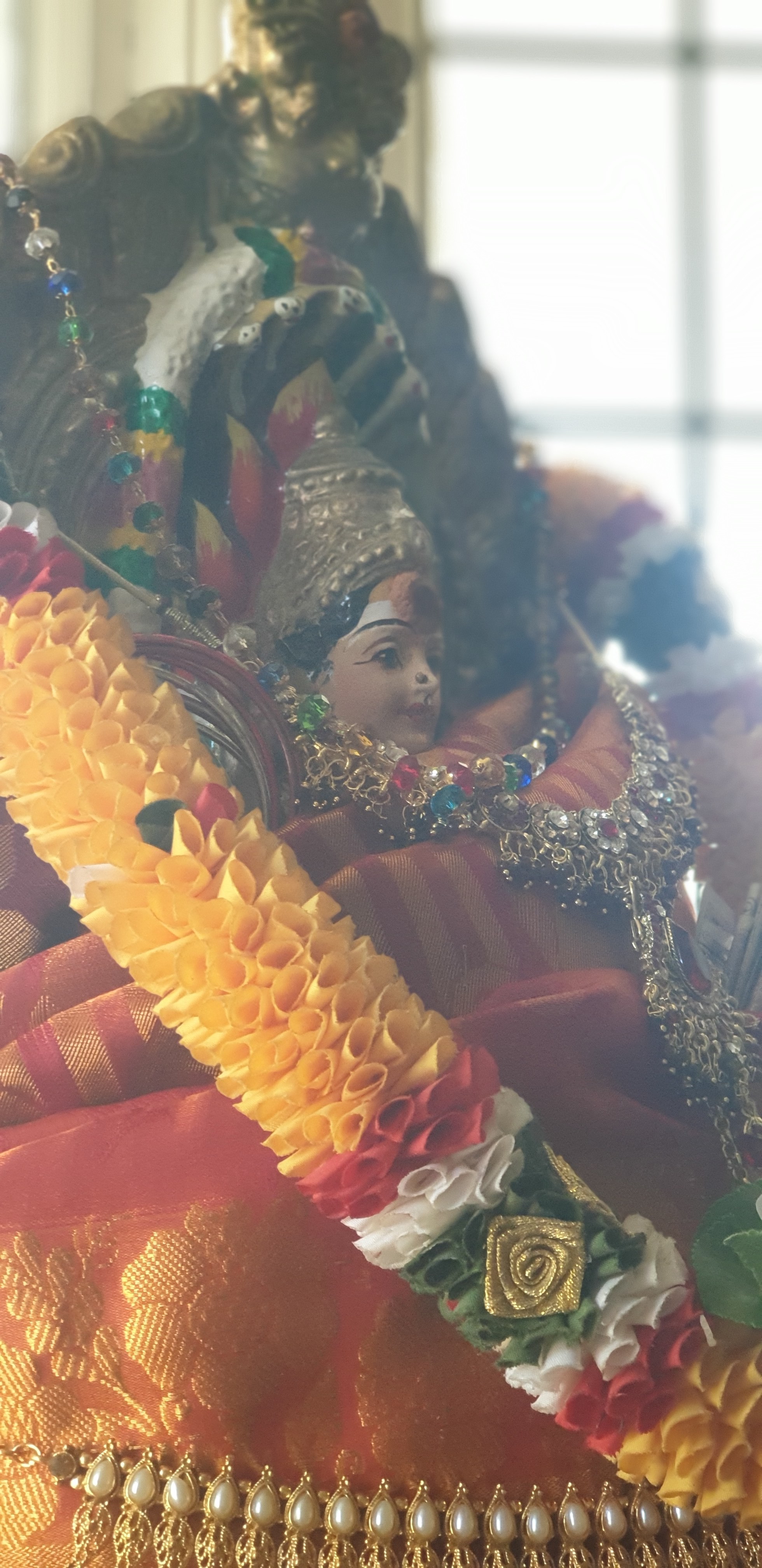
In many Kollywood films, there is no secret about a girl starting her periods. As much as weddings form an integral part of Kollywood movies, so do the Samathiya Veedus. My growing children’s minds are becoming more curious and when coming across these scenes, I am tasked with explaining what is happening. A recent example is when we watched the movie Kaana, which my 6 year old daughter loves, but wanted to get her head around a scene that was taking place during a song. As I tried to explain what was happening, without the intricate details, it did dawn on me that, although I explained the ceremony as something girls in our culture have performed on them after that eureka-like moment, I could be one of the last from a generation to think it is a natural event that just “happens.” My daughter, like many young girls, may feel the humiliation that was never felt by girls before her generation. Or have we just blinded ourselves by tradition over ethics? If she goes onto having her own children, she may decide it is an outdated ceremony, and decide that educating her daughter about what is happening to her body takes precedent over having a ceremony performed on her. Or the ceremony may evolve into something bigger beyond imagination. This is something as parents we cannot control, and need to accept wider influences are transforming these events which were always historically intimate.
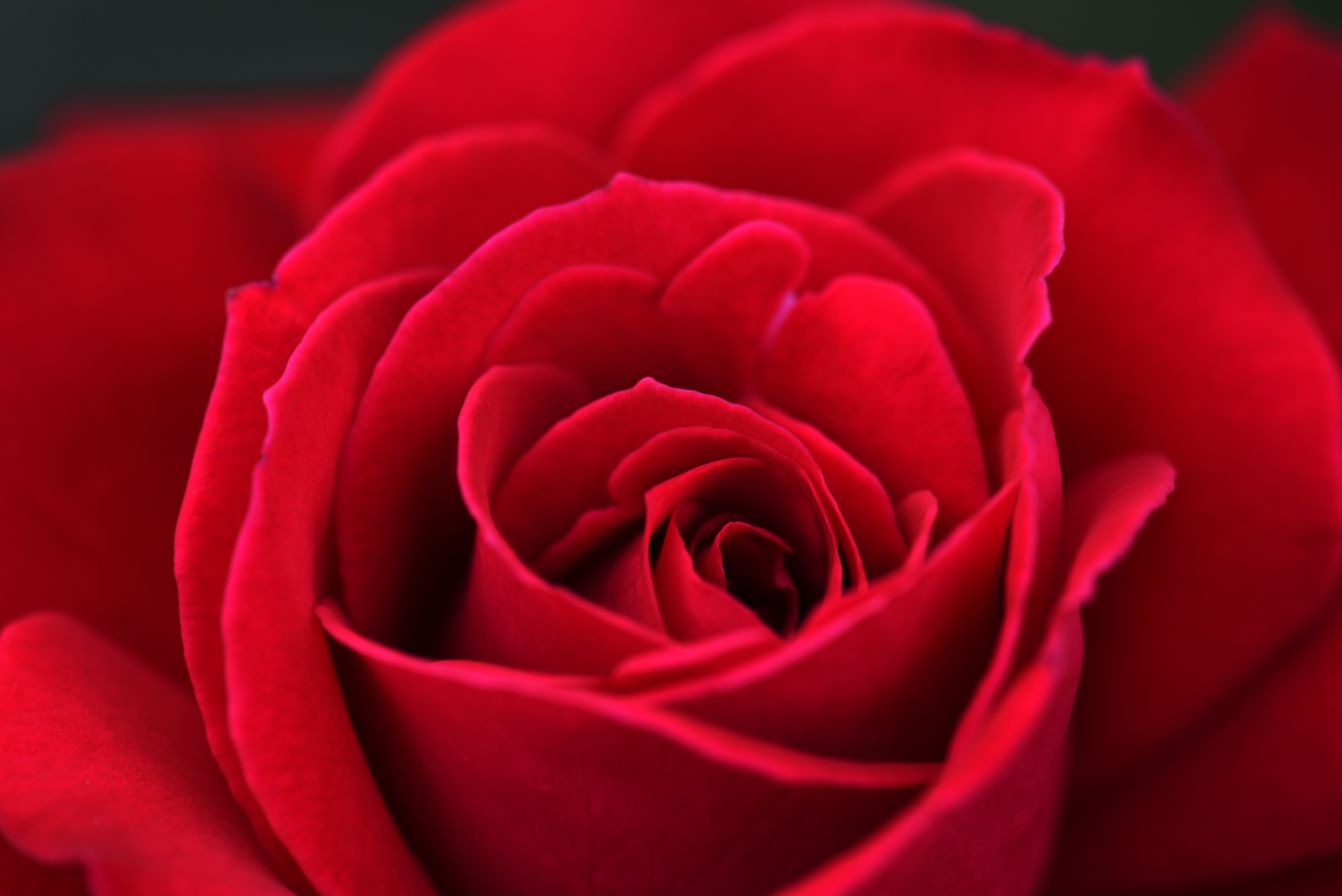
Cross-cultural influence and ideas have also made our children more vulnerable and fragile about accepting cultural background with unequivocal pride. As much as we should guide and encourage our children to make choices in life that suit their happiness, it is important to educate them about the reasons why we perform these ceremonies, together with the changes that are happening to their bodies. It is a responsibility we have as parents who have the desire for them to remain culturally conscious, and realise that spoon feeding our children without reason is not enough anymore. It never was, but I am from a generation where little questioning was done, and the resources to do my own research was limited. “This is what we are so just BE.” The atmosphere is changing, and children are becoming more curious and question the most abstract things they come across. We no longer live in a world of “they are born into so they just are”. We live in a world where everything has to have logical reasoning. A god with an elephant head needs to be metaphorical and not just a walking talking elephant.
This piece of writing is certainly not to challenge anyone’s idea or opinions about the Samathiya Veedu. It sets out to explain the position of a girl in Tamil culture, within which I have been raised and how her position is held. It also sets out my view on how important it is to maintain the essence of ceremonies such as Samathiya Veedu. To make every girl feel that the ceremony does set out to bring out the element of our daughters emerging as queens ready to take their seat at the throne as if she is a Goddess. This is something that hopefully will resonate with daughters for many generations to come. For YOU to feel that YOU are the light that continues to shine and that YOU embody three forms of Shakthi is my interpretation on why we perform the Samathiya Veedu.
